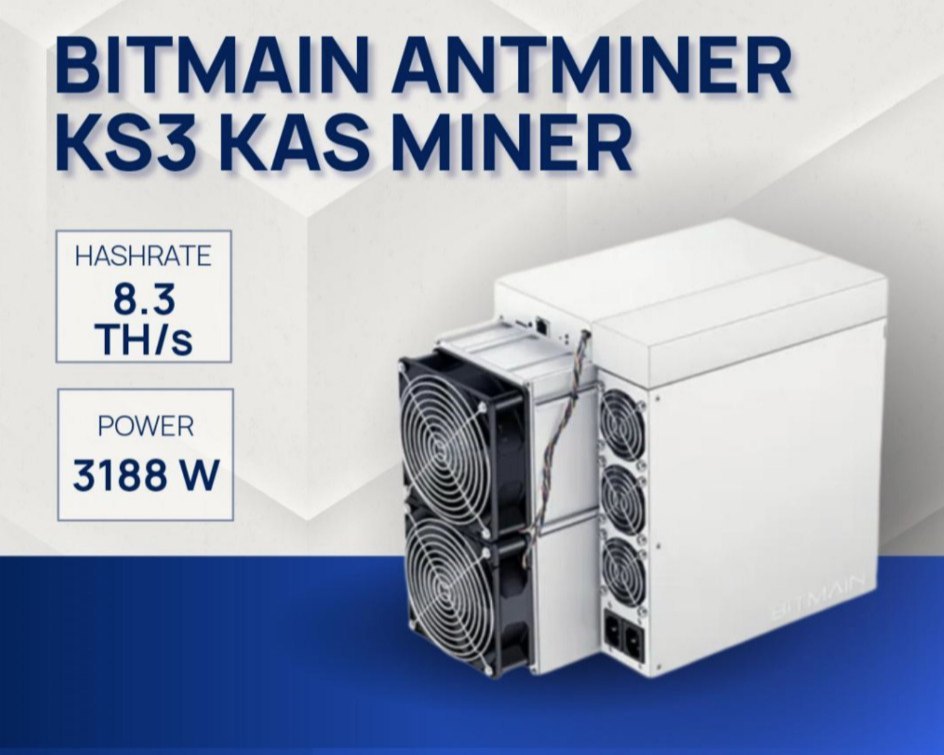In the fast-evolving world of blockchain technology, new platforms are emerging to address the growing needs of various industries. One such platform is ronin chain, a blockchain designed specifically to support gaming and non-fungible tokens (NFTs). With its unique features, Ronin is making waves in the decentralized finance (DeFi) and gaming sectors, enabling faster transactions, lower fees, and a better overall experience for users. In this article, we’ll dive into the key aspects of Ronin Chain, its role in the digital economy, and why it’s gaining attention among developers and investors alike.
What is Ronin Chain?
Ronin is a Layer 2 blockchain designed and developed by Sky Mavis, the creators of the popular game Axie Infinity. The platform’s primary goal is to address the scalability issues faced by Ethereum, the leading blockchain for decentralized applications (dApps), especially in gaming and NFT ecosystems. Ronin was built to optimize performance, allowing users to conduct transactions with significantly lower gas fees and faster confirmation times compared to Ethereum.
Ethereum, while extremely popular and robust, suffers from high transaction fees and slow speeds during periods of high congestion. These drawbacks are particularly problematic for gaming platforms, where frequent microtransactions and in-game asset transfers are common. Ronin Chain was created to alleviate these pain points, providing a more efficient and cost-effective solution for developers and gamers.
Key Features of Ronin Chain
- Low Fees, Fast Transactions
One of the most significant advantages of Ronin Chain is its low transaction fees. Ethereum gas fees can sometimes soar to astronomical levels, making small transactions like those in gaming or NFTs expensive and impractical. Ronin addresses this by offering near-zero fees and faster transaction speeds, ensuring that gamers and creators are not deterred by high costs. - Built for Gaming and NFTs
Ronin was specifically designed with the gaming industry in mind. It provides an infrastructure capable of supporting the high volume of transactions required for in-game purchases, asset transfers, and player interactions. Furthermore, Ronin’s seamless integration with NFTs allows developers to create and trade digital assets within the platform with ease. - Compatibility with Ethereum
One of Ronin’s standout features is its compatibility with Ethereum. The platform is an EVM (Ethereum Virtual Machine)-compatible chain, meaning developers can use familiar Ethereum tools and smart contracts. This compatibility allows projects to easily migrate from Ethereum to Ronin without significant changes to their codebase, attracting more developers to the ecosystem. - Decentralization with Validator Nodes
Unlike centralized alternatives, Ronin is governed by a set of validators that secure the network and verify transactions. The platform uses a modified Proof-of-Authority (PoA) consensus mechanism, ensuring that the chain remains secure, fast, and scalable. Validators must hold RON tokens (the native token of Ronin) to participate in network consensus. - High Throughput and Scalability
With its low-cost, high-throughput structure, Ronin can handle a large number of transactions simultaneously. This is especially important for games with many users or platforms with substantial NFT activity. Ronin’s architecture ensures that it can scale to meet the demands of the growing blockchain gaming sector.
The Role of Ronin in the Gaming Industry
The gaming industry is one of the fastest-growing sectors for blockchain technology. In-game purchases, asset ownership, and trading are becoming increasingly integrated with decentralized finance. Ronin plays a central role in this transformation by offering a blockchain solution that is optimized for these types of transactions.
Axie Infinity, one of the most popular blockchain games and a flagship product of Sky Mavis, heavily relies on Ronin. The game’s in-game assets, such as Axies (digital creatures), are tokenized as NFTs and traded on the Ronin blockchain. By moving its game assets to Ronin, Axie Infinity has been able to offer players fast, cheap, and seamless transactions, creating a better overall gaming experience.
As more games adopt Ronin for their blockchain-based economies, the platform is expected to become a central hub for gaming-related transactions, further cementing its position as a vital player in the blockchain gaming space.
Ronin Token (RON)
RON is the native cryptocurrency of the Ronin Chain, and it plays a key role in the governance and security of the network. Validators on the network stake RON tokens to secure the blockchain and participate in the decision-making process. Additionally, RON tokens can be used to pay for transaction fees, which further incentivizes users to hold and use the token within the ecosystem.
Over time, as the Ronin ecosystem grows and attracts more projects, the demand for RON tokens is expected to rise, driving its value. Moreover, the governance model allows RON token holders to have a say in network upgrades and protocol changes, giving the community a significant role in shaping the future of the chain.
The Future of Ronin Chain
The potential for Ronin Chain goes beyond gaming and NFTs. While gaming is its current focus, the blockchain’s scalability, low fees, and fast transaction speeds make it a promising solution for a range of other decentralized applications, including decentralized finance (DeFi) and digital collectibles.
As the blockchain space continues to evolve, Ronin is well-positioned to become a dominant force in sectors that require fast, low-cost, and secure transactions. With an increasing number of developers, players, and investors recognizing the benefits of the platform, Ronin Chain has the potential to reshape how blockchain technology is used in the real world.
Conclusion
Ronin Chain represents a crucial innovation in the blockchain space, especially for the gaming and NFT sectors. By addressing key pain points such as high transaction fees and slow speeds, Ronin is creating an efficient and scalable solution that benefits developers and users alike. With its focus on low-cost transactions, high throughput, and Ethereum compatibility, Ronin is quickly establishing itself as a leading blockchain for gaming and decentralized applications. As the ecosystem continues to grow and attract new projects, Ronin’s impact on the blockchain world will only become more profound.
